Will AI Replace Software Developers? Myths vs. Reality

You’ve seen the headlines, haven’t you? “AI Writes Code Faster Than Humans!” “New AI Can Build Entire Apps!” If you’re a software developer, or even just someone who relies on technology (which is, let’s face it, all of us), these claims might spark a mix of fascination and fear. Will artificial intelligence really replace software developers, leaving a trail of unemployment in its wake? Is the age of human coding coming to an end?
It’s a natural question to ask, especially with the rapid advances in AI we’re seeing. Tools like ChatGPT can generate code snippets, Copilot can auto-complete lines, and even more sophisticated AI systems are emerging that claim to build entire applications from simple commands. It feels like something out of a science fiction movie, where the robots eventually take over.
But here’s the truth: the reality is far more nuanced, exciting, and, frankly, less terrifying than the headlines suggest. For those who might not even know what “AI” really means, let’s break down the myths and unveil the actual picture of how AI is impacting the world of software development. This isn’t just about developers; it’s about understanding how technology changes our jobs and our lives.
AI Will Completely Automate All Coding Tasks
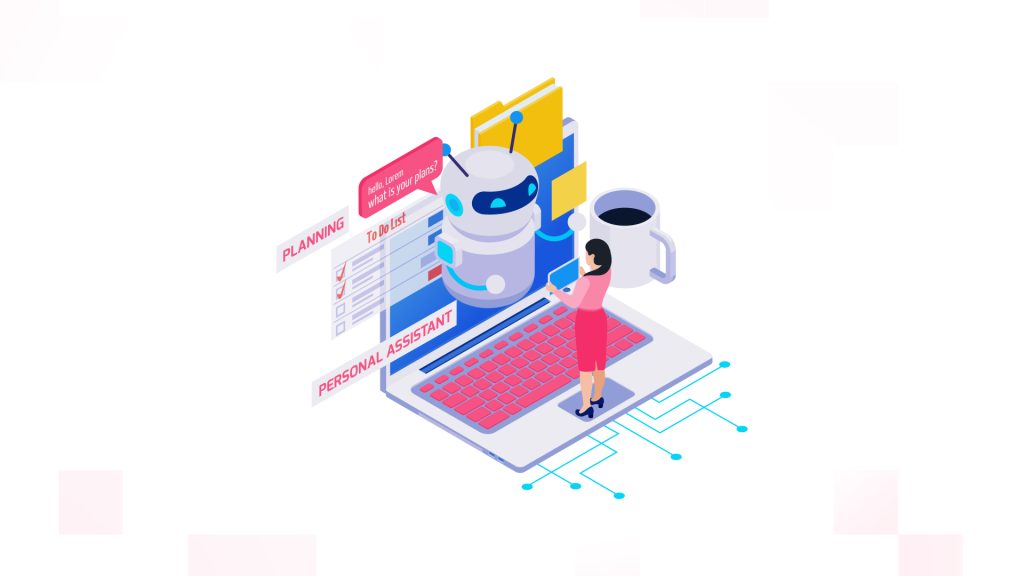
Let’s start with the biggest fear: that AI will simply do all the coding. You type in “build me an e-commerce website,” and poof, an entire, complex, bug-free, perfectly designed site appears.
AI as a Super-Powered Assistant, not a Replacement
Imagine you’re a chef. AI isn’t going to replace you by cooking every meal from scratch. Instead, it’s like getting a new, incredibly skilled kitchen assistant. This assistant can chop vegetables faster than anyone, suggest ingredients you might not have thought of, and even help clean up. But it’s still your vision, your taste, and your expertise that brings the dish to life.
In software development, AI tools are becoming incredibly good at:
- Writing Boilerplate Code: This is the repetitive, often tedious code that forms the basic structure of many programs. Think of it like a template or a standard opening paragraph. AI can generate this in seconds, saving developers hours.
- Auto-Completion and Suggestions: Tools like GitHub Copilot can predict what you’re about to type and suggest entire lines or blocks of code. It’s like having an incredibly smart “auto-correct” for programming.
- Debugging and Error Checking: AI can quickly scan code for common errors or potential bugs, sometimes even suggesting fixes. This helps developers catch mistakes much faster than manual inspection.
- Translating Between Languages: If you have code in one programming language, AI can help translate it into another, making older systems more modern.
These are significant advancements, no doubt. But notice a common theme: these are all assisting tasks. AI excels at repetitive, pattern-based tasks. It can be a brilliant imitator, learning from vast amounts of existing code. But true software development involves much more than just writing lines of code.
AI Understands the “Why” Behind the Code
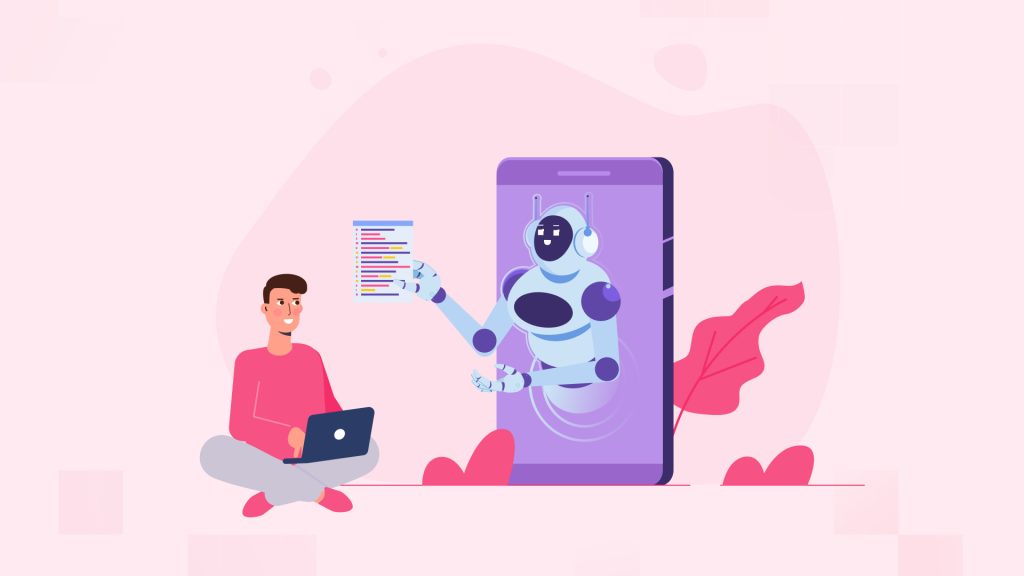
Another common belief is that AI truly understands the problem you’re trying to solve, just like a human developer would. That it can grasp complex business requirements, ethical considerations, and user experience nuances.
AI is a Pattern Matcher, not a Thinker
AI, especially the kind we’re talking about with large language models (LLMs) that generate code, is fundamentally a pattern-matching machine. It doesn’t “understand” in the way a human does. It has invested billions of lines of code and human language, and when you give it a prompt, it predicts the most likely next sequence of words or code that fits the pattern it has learned.
Consider this:
- Business Logic: A human developer spends countless hours talking to clients, understanding their business, their goals, their market, and their customers. They translate vague ideas into concrete features. AI can’t sit in a meeting and grasp the subtle, unspoken needs of a startup trying to disrupt an industry.
- Context and Nuance: “Make this button bigger” might seem simple, but a developer knows why it needs to be bigger. Is it for accessibility? Is it a call to action? Does it fit the brand’s aesthetic? AI doesn’t inherently understand these layers of context.
- Problem-Solving vs. Code Generation: Developers are paid to solve problems. Sometimes, the solution isn’t even code; it might be a process change, a different way of organizing data, or even deciding not to build something. AI generates code based on instructions; it doesn’t question the instruction or offer alternative, non-code solutions to a business problem.
- Ethical Implications: Building software often involves ethical decisions about how user data is handled, potential biases in algorithms, and the societal impact of a new feature. AI has no ethical framework; it just generates code.
This is where the human element is indispensable. Developers bring critical thinking, creativity, empathy, and the ability to ask the right questions. They are architects and problem-solvers first, coders second.
Need a future-proof Ecommerce Website?
Our Experts Can Help!
AI Can Create Truly Innovative and Novel Solutions
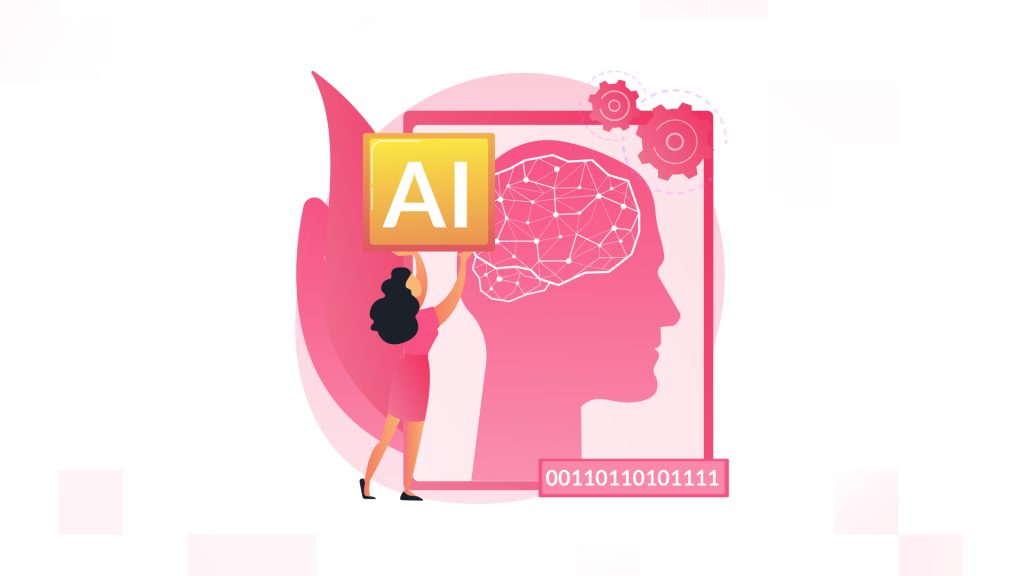
The idea here is that AI will not only write all the code but will also be the driving force behind the next big technological breakthrough, leaving human creativity behind.
Innovation Still Needs a Human Spark
While AI can be incredibly creative in generating variations of existing patterns (think AI art that mixes styles or AI music that sounds like a certain genre), true, disruptive innovation often comes from a leap of imagination, a connection of seemingly unrelated ideas, or a deep understanding of human psychology that goes beyond pattern recognition.
- Designing New Paradigms: Who invented the graphical user interface (GUI) or the touchscreen? Humans. These weren’t incremental improvements; they were revolutionary shifts in how we interact with computers. AI can generate code for a GUI, but it’s unlikely to invent the next radical way we use devices.
- Connecting Disparate Fields: Many innovations happen at the intersection of different fields biology and computing, art and engineering. Humans are uniquely capable of drawing these cross-disciplinary connections.
- User Experience (UX) Empathy: Designing software that is intuitive, enjoyable, and genuinely solves a user’s pain points requires empathy. A developer tries to put themselves in the user’s shoes. AI can’t “feel” frustration or delight. It can only process data about user behavior.
AI is fantastic at optimizing within a known framework. It can help you make an existing system more efficient or write better code for a well-defined problem. But it’s not going to wake up one morning with a brilliant, never-before-seen idea for a new programming language or a groundbreaking social media platform. That kind of vision still belongs to human ingenuity.
Learning to Code is Now Useless
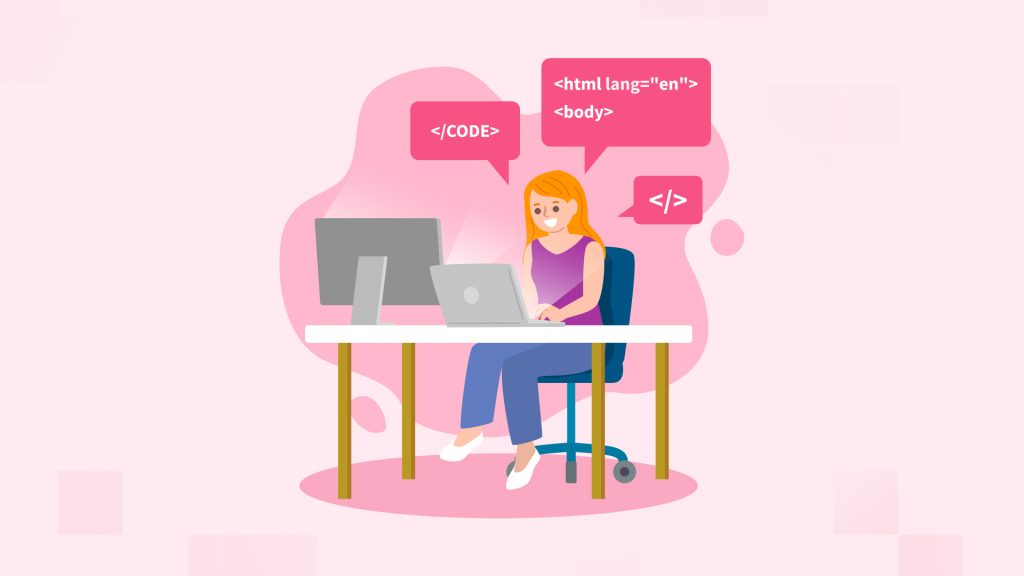
If AI can do so much, why bother learning to code at all? This concern often comes from students or career changers looking at the tech industry.
Coding Skills are Evolving, Not Disappearing
This is perhaps the most dangerous myth, as it can discourage people from pursuing valuable skills. Learning to code is far from useless; it’s becoming even more crucial, but the nature of those skills is shifting.
Think of it like this: when calculators became widespread, math wasn’t made useless. Instead, the focus shifted from tedious manual calculations to understanding when and how to apply mathematical concepts to solve complex problems. Similarly, AI is changing what it means to be a developer.
- Becoming a “Prompt Engineer”: Developers will need to learn how to effectively communicate with AI tools. Crafting precise prompts to get the exact code or solution you need is becoming a skill in itself. It’s like learning how to ask your super-assistant for exactly what you want.
- Understanding the AI’s Output: AI-generated code isn’t always perfect. It can have subtle bugs, inefficiencies, or security vulnerabilities. Developers need the expertise to review, test, debug, and refine AI-generated code. You wouldn’t trust a new recipe from your assistant without tasting it first, right?
- Focus on Higher-Order Thinking: With AI handling the mundane, developers can spend more time on the truly complex and creative aspects of their job: architectural design, strategic planning, understanding user psychology, and pushing the boundaries of what’s possible.
- Collaboration and Integration: Developers will increasingly work with AI, integrating AI tools into their workflows and building systems that leverage AI capabilities.
The future developer will be less of a manual code-writer and more of a code-orchestrator, an AI-powered problem-solver, and a strategic thinker. The demand for these skills will only grow.
How AI is Reshaping the Developer’s Role
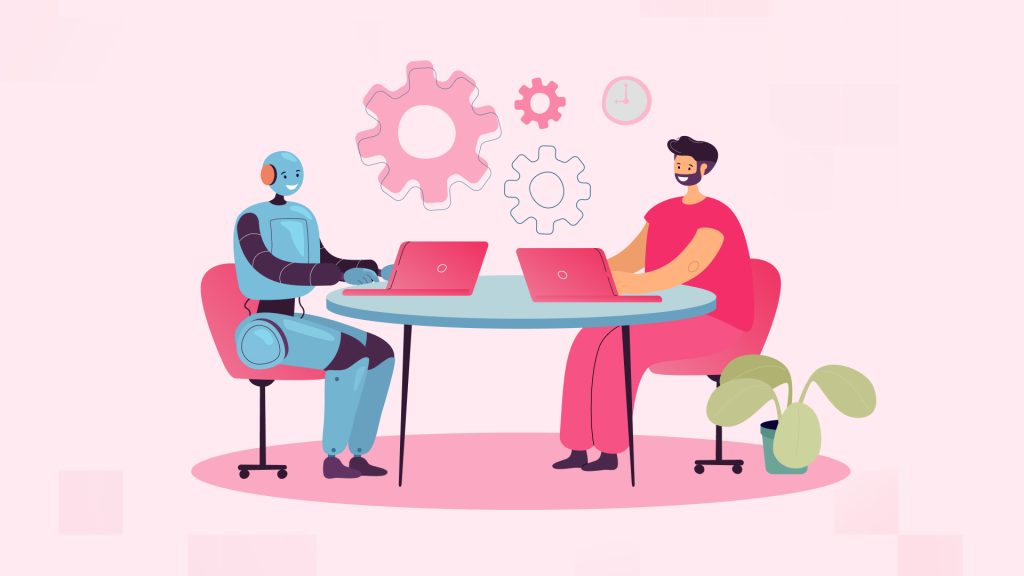
So, if AI isn’t going to replace developers, what is it doing? It’s fundamentally changing the nature of the job, making it more productive, more strategic, and potentially more rewarding.
Increased Productivity and Speed
- Faster Development Cycles: By automating repetitive tasks, AI allows developers to build and ship products much faster. This means quicker iterations, more features, and a faster response to market needs.
- Reduced Burnout: Less time spent on tedious, boilerplate coding means developers can focus on more engaging and challenging aspects of their work, potentially reducing burnout and increasing job satisfaction.
Shifting Skill Sets
- Emphasis on Architecture and Design: With AI handling the implementation details, the ability to design robust, scalable, and secure software architectures becomes even more critical.
- Problem Domain Expertise: Deep understanding of the specific industry or problem being solved (e.g., healthcare, finance, gaming) will be highly valued, as AI lacks this inherent domain knowledge.
- Soft Skills Matter More: Communication, collaboration, critical thinking, and empathy become paramount as developers interact more with AI tools, other team members, and stakeholders.
Lowering the Barrier to Entry (Somewhat)
- Democratizing Development: AI tools could make basic coding more accessible to non-developers, allowing more people to create simple applications or automate tasks without extensive programming knowledge. This doesn’t replace developers, but it expands the pool of “creators.”
- Learning Aid: AI can act as a powerful tutor, explaining complex code, generating examples, and helping beginners grasp concepts faster.
Need a Reliable AI Web Development partner to help grow your Business?
Our Experts Can Help!
Conclusion
The narrative of AI replacing software developers is a compelling one for headlines, but it largely misses the mark. The reality is that AI is not an enemy to be feared but a powerful new partner to be embraced. It’s a tool that amplifies human capability, streamlines workflows, and frees up developers to focus on higher-level, more creative, and more impactful work.
For someone with no prior knowledge of this topic, remember this: Software development isn’t just about typing lines of code. It’s about solving complex problems, understanding human needs, designing elegant solutions, and bringing innovative ideas to life. AI can handle many of the mechanical parts of this process, but it cannot replicate the human spark, the intuition, the critical thinking, the creativity, and the empathy that truly defines a great developer.
The future of software development isn’t about humans vs. machines; it’s about humans with machines. Developers who learn to leverage AI will not only survive but thrive, becoming more productive, more strategic, and ultimately, more valuable than ever before. So, instead of fearing robots, let’s learn how to work with them, and together, build the future.
 Shopify
Shopify

















